Keywords: Election
There are more than 200 results, only the first 200 are displayed here.
-
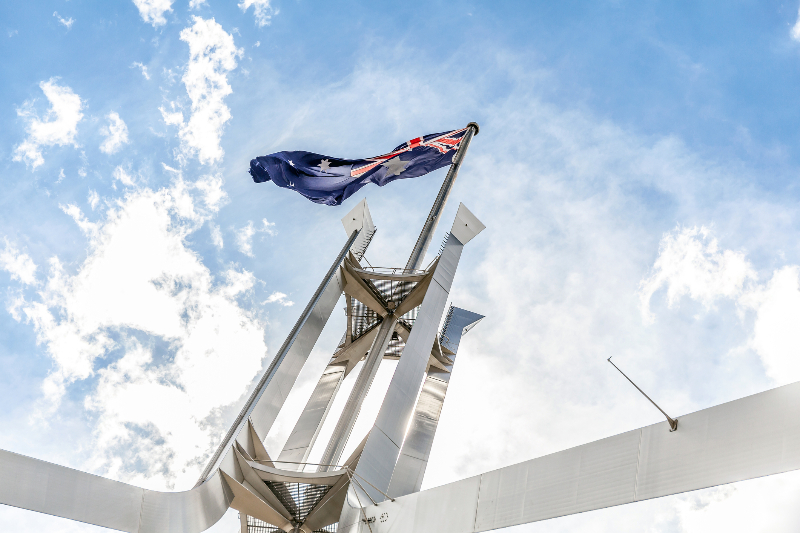
AUSTRALIA
- Frank Brennan
- 29 November 2021
17 Comments
On Thursday, three Bills were introduced to the House of Representatives: the Religious Discrimination Bill 2021, the Religious Discrimination (Consequential Amendments) Bill 2021, and the Human Rights Legislation Amendment Bill 2021. Collectively, these bills constitute the Morrison Government’s response to the Ruddock Religious Freedom Review provided to government in May 2018.
READ MORE 
-
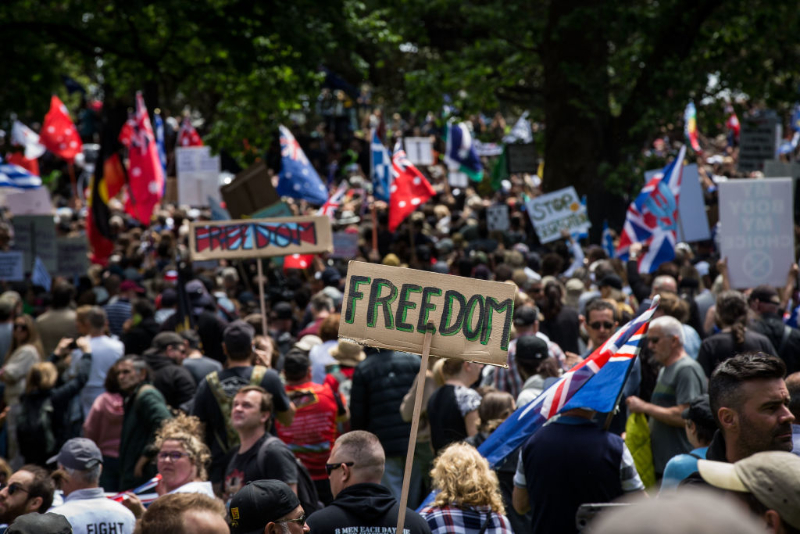
AUSTRALIA
- Andrew Hamilton
- 24 November 2021
31 Comments
There is much discussion about the future of democracy, freedom and other aspects of liberal institutions. Mainly in the United States, under the pressure of a polarised public life. But also to a lesser extent in Australia, in the face of the evasive and authoritarian behaviour of governments and the manifest priority of winning elections over addressing the existential threats of global warming and gross inequality.
READ MORE 
-
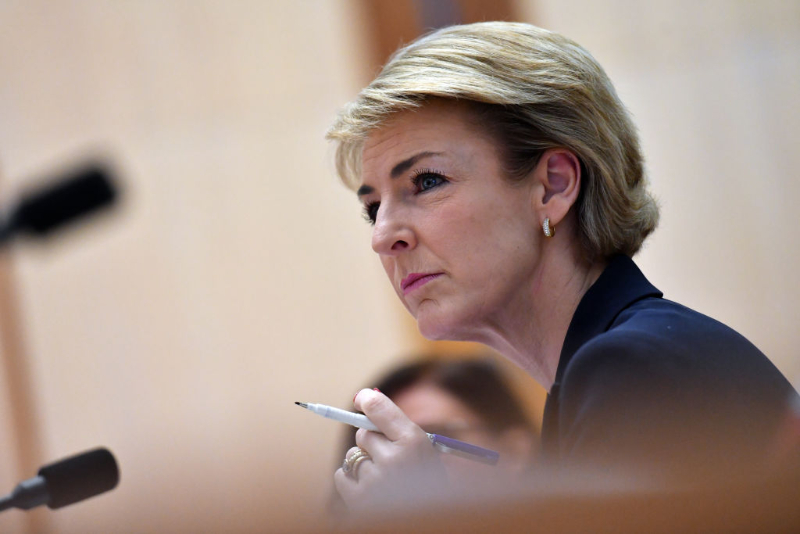
AUSTRALIA
- Frank Brennan
- 17 November 2021
63 Comments
It’s four years since the Australian Parliament amended the Marriage Act 1961 to provide that marriage means ‘the union of two people to the exclusion of all others’. The legislation followed the plebiscite on same sex marriage. To address the concerns of some religious groups, Prime Minister Malcolm Turnbull set up an expert panel chaired by long time Liberal Party minister Philip Ruddock to report on whether Australian law adequately protected the human right to freedom of religion.
READ MORE 
-
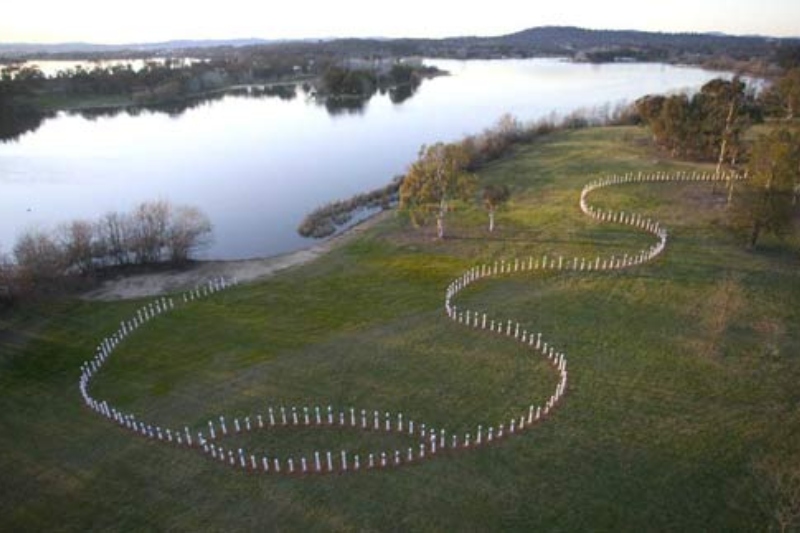
INTERNATIONAL
- Binoy Kampmark
- 01 November 2021
38 Comments
Two decades ago, an Indonesian vessel given the name SIEV X sank with loss of life that should have caused a flood of tears and a surge of compassion. Instead of being seen in humanitarian terms, the deaths of 353 people became a form of rich political capital, placed in the bank of opportunism to be amortised at a federal election.
READ MORE 
-
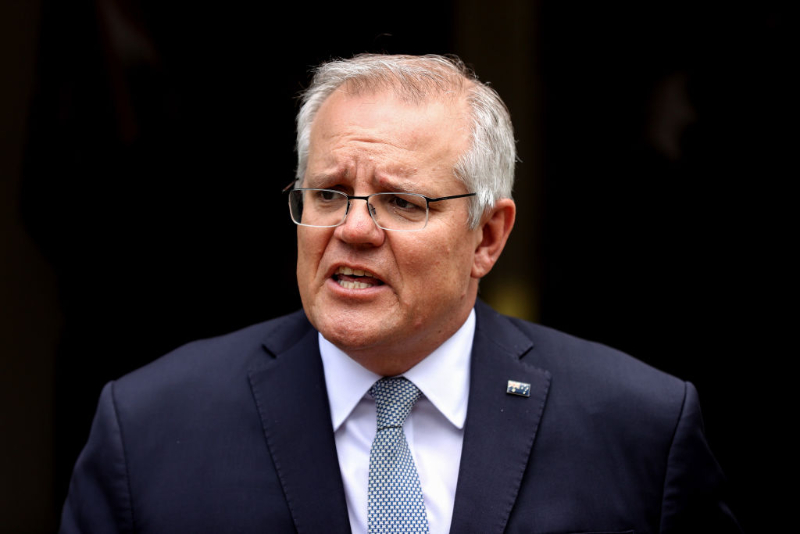
ENVIRONMENT
- Greg Foyster
- 27 October 2021
8 Comments
After an excruciating few weeks of negotiations with the Nationals — and far too many hours subjected to Barnaby Joyce’s ramblings — the Morrison government has finally announced their predictably underwhelming plan to reach net zero emissions by 2050.
READ MORE 
-
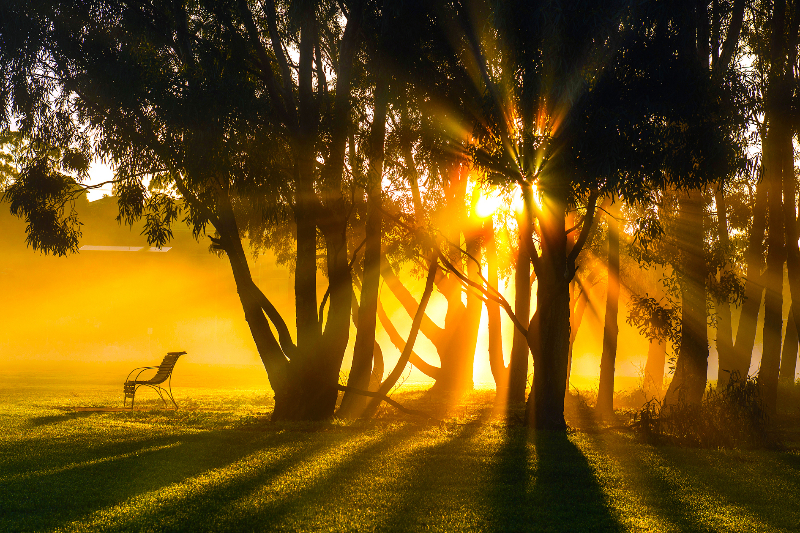
ARTS AND CULTURE
- Andrew Hamilton
- 26 October 2021
4 Comments
These weekday mornings all is quiet. / I stroll across the highway, / a piddle of cars in the outbound lane, / a puddle at the distant lights. / Along the parkland trail / cowled figures walk alone, / measuring their distance. / From the rise above the railway cutting / Macedon stands burly in the smoke-free air.
READ MORE 
-
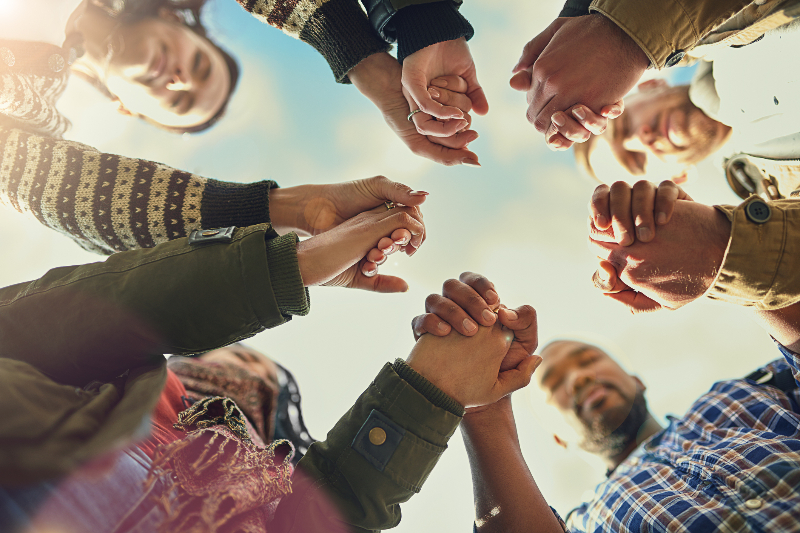
RELIGION
- Andrew Hamilton
- 09 September 2021
24 Comments
In recent weeks the value of human life has become a topic of public conversation in different contexts. Proposed legislation on abortion and assisted dying has continued to focus attention on it. Debate about loosening COVID restrictions has also balanced the risk of death from the disease with risks to health and economic welfare from lockdowns. In Afghanistan the victory of the Taliban has again raised questions about the morality of the war and the killing involved by both sides.
READ MORE 
-
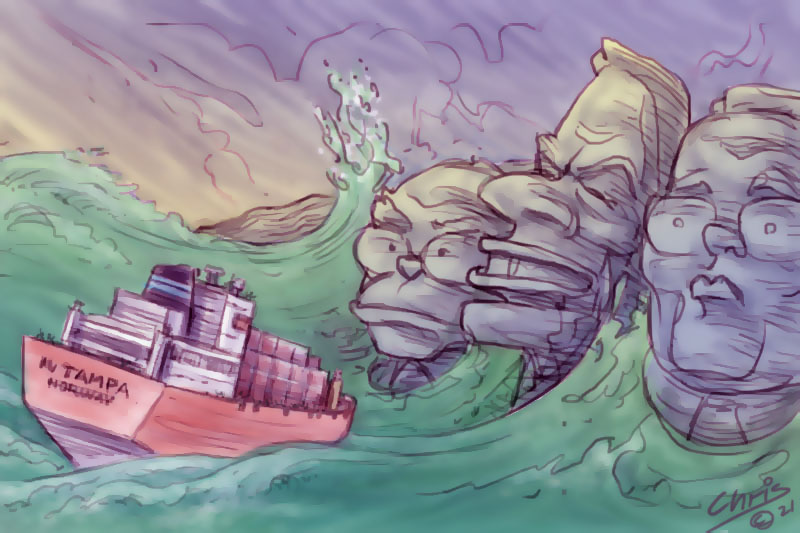
INTERNATIONAL
- Binoy Kampmark
- 07 September 2021
23 Comments
It took 438 desperate human beings upon the overladen wooden fishing boat, the KM Palapa, to present Australia’s Howard government in August 2001 with an electoral opportunity. At first, there was feigned ignorance from Canberra about any signs of desperation. The vessel, lacking power, lay some 100km off Christmas Island. Despite a coast guard plane noting men jumping up and down on the roof in a frenzy, nothing was initially done.
READ MORE 
-
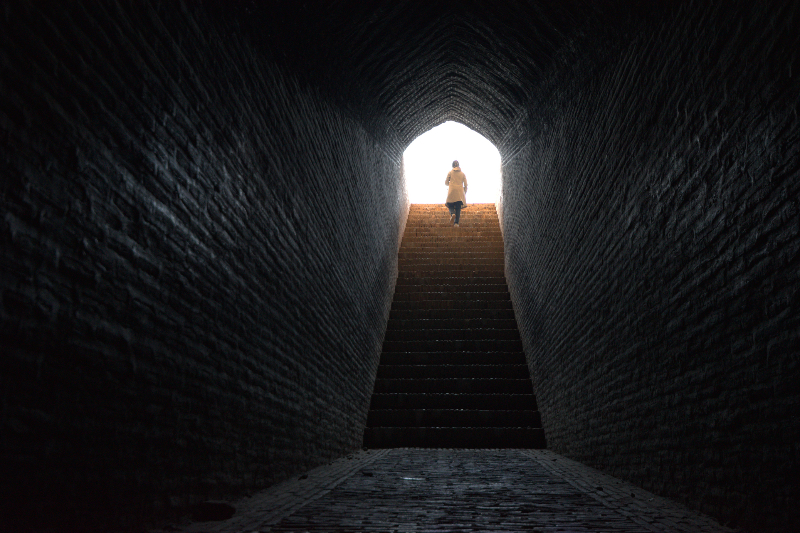
AUSTRALIA
- Andrew Hamilton
- 02 September 2021
11 Comments
As restrictions drag on and the number of infections rises, more Australians are asking when lockdowns can cease. Federal politicians and business leaders have argued the case for a quick ending while claiming the authority of scientists. Science being science, the relevant questions have been tied to numbers. They have asked: how few cases should there be in the community before leaving lockdown? What percentage of the community must be vaccinated before the lifting of restrictions? What number of deaths should be tolerated for the gains of opening the economy? And when precisely should the opening of Australia take place?
READ MORE 
-
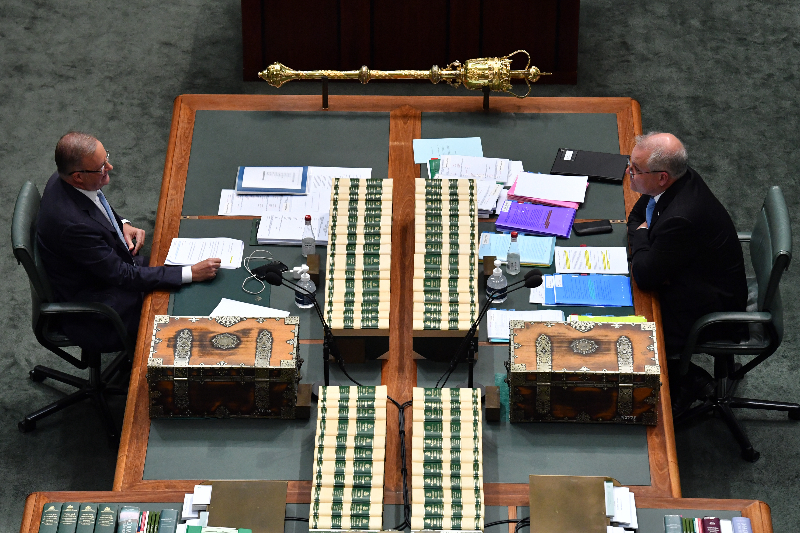
ECONOMICS
- Chris Smith
- 31 August 2021
11 Comments
In July, Anthony Albanese announced a significant change of stance on Labor tax policy which was disappointing, if not surprising. An elected Labor government, Albanese promised, would keep the coming high income tax cuts he previously opposed. This decision to not oppose the government proposal to restructure the income tax system through reduced marginal rates is supporting a government policy that will lead to a significant redistribution of wealth towards high income earners.
READ MORE 
-
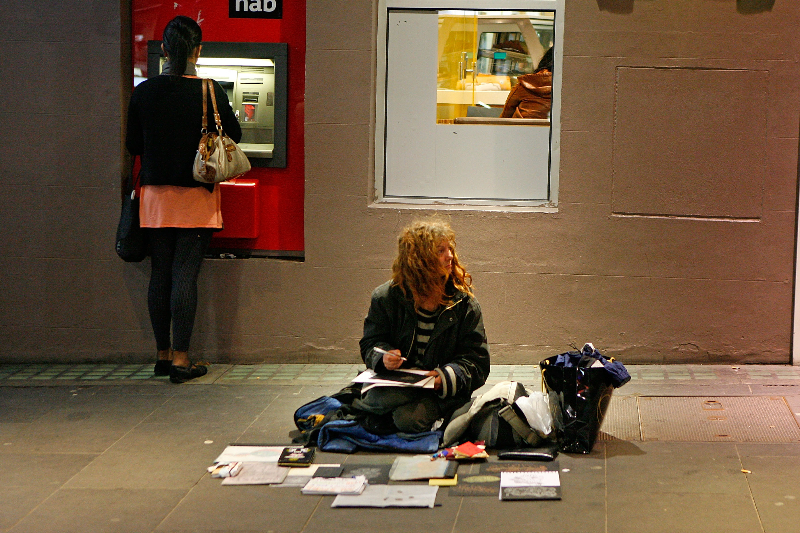
ECONOMICS
- John Falzon
- 10 August 2021
13 Comments
When you put rising housing costs alongside stagnating wages, an alarming trend in normalising insecure work, persistent unemployment and underemployment, and statutory incomes that are going backwards in real terms, there’s good reason to be deeply worried about an increase in homelessness.
READ MORE 
-
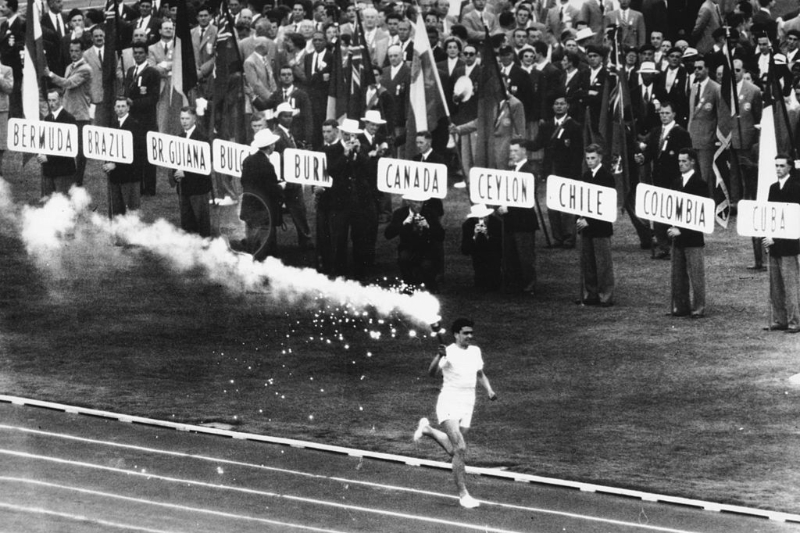
ARTS AND CULTURE
- Brian Matthews
- 05 August 2021
4 Comments
In times of unexpected or inexplicable crisis, humans all over the globe regardless of race, religion, lineage or historical evidence, will often turn to myth, the occult, each other, to their until then untested and unimpressive leaders, or to a hoped-for apparent miracle to explain what seemed otherwise beyond explanation.
READ MORE 